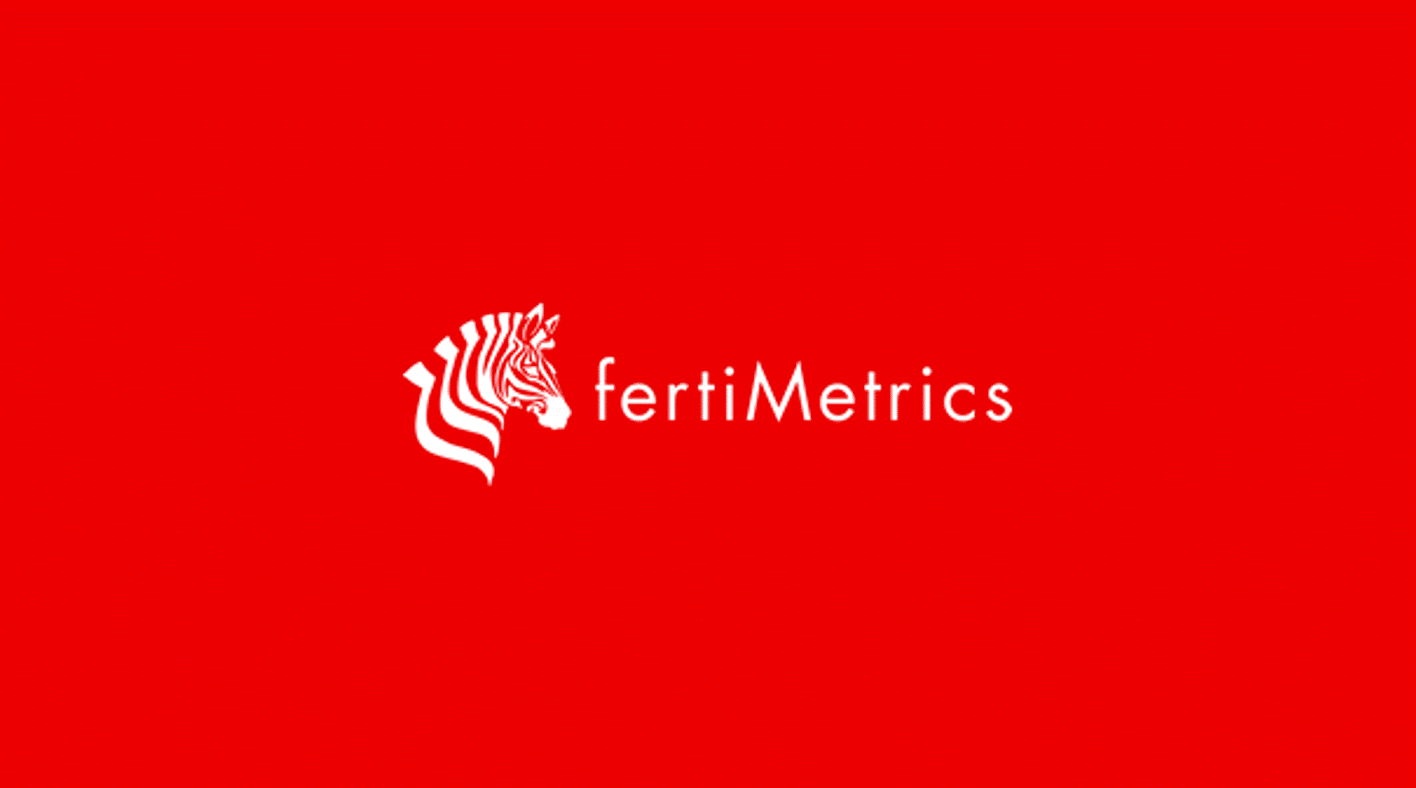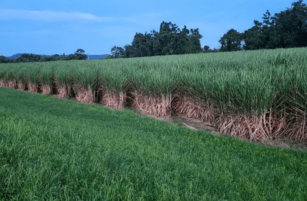Insight Focus
- Surge in NOLA urea leads to traders short covering in other regions.
- Urea prices will depend on other regions’ demand once American spring buying fades.
- All other fertiliser markets saw falling prices.
The surge in NOLA/US urea prices to USD 387 ST proved contagious to other markets as traders stepped in to cover shorts as well as taking positions for future sales. Pupuk Holding of Indonesia is reported to have sold as much as close to 200,000 MT for full April/early May shipment at USD 318 PMT FOB Bontang following their most recent tender.
Middle East urea prices increased from around the USD 290ish PMT FOB level to above USD 300 PMT FOB also on the back of SE Asia granular urea being short with BFI of Brunei going down for a scheduled 2-3 week maintenance and a reported but not confirmed gas pipeline issue at Petronas plant in Sipitang forcing it to temporarily shut down. With the Philippine market coming in with its main May-July season the question will be where the intra Asia coastal vessels will find sources of supply with China a possible option following May 1st ease of export restrictions (see below).
Thailand import prices are reported to be around the USD 320 CFR mark either on contract or spot. The main import season between April and September is under way with the completion of SONGKRAN early next week.
Chinese urea exports are expected to increase by May 1st when it is reported that the CIQ export process will change to the individual plants with as little as 2-3 days issuance time. The future outlook for urea prices hangs in the balance of major markets coming in once the US/NOLA spring demand falters.
Australia imports for January and February was 221,000 MT vs 136,000 MT last year same period with February alone seeing 172,000 MT imports versus 62,000 same period last year. Major suppliers were Middle East producers from UAE and Qatar.
Except for increased processed prices in the US, which saw an average increase of USD 85 PST, all other markets saw declining prices. India DAP prices fell another USD 9 PMT to a range of between USD 560-570 PMT CFR. This implies sub USD 550 FOB China. The Chinese producers held an association meeting on April 12th and agreed to resist export prices sub USD 550 PMT FOB. However, this appears futile with processed prices declining across the board in major Chinese importing countries, notably India, where Chinese products face stiff Russian competition.
MAP imports to Brazil have surged 103% for the January – April 2023 period to 1.2 million MT from 567,531 Y/Y with Russia up 85% to 632,292 MT and Morocco up 85% to 318,344 versus 65,809 Y/Y.
The flow on effect from the Indian potash contract conclusion has been mostly negative with prices falling further in major markets. The reason behind this sentiment is that India is not sufficient to carry the market and with China deciding not to entertain contract negotiations, and global supplies being ample, prices are coming down.
Brazil granular potash prices fell another USD 20 PNT this week to a range of USD 420-440 PMT CFR reflecting an average fall of USD 85 PMT since the start of 2023 and a staggering USD 750 PMT fall from the peak of USD 1,180 PMT in April 2022.
Standard potash prices in SE Asia also fell another USD 12-13 PMT this week reaching a range of USD 415-440 PMT CFR. The expectation is that potash prices still have a way to go to reach the bottom unless demand picks up in major markets.
The global ammonia market is dormant with only China being slightly active with price reported at USD 350 CFR. The Middle East spot price is assessed at USD 270-310 FOB, down USD 45 from last week. SE Asia levels are assessed at a range of between USD 300-310.
Unless ammonia prices increase, production curtailment is very possible.














